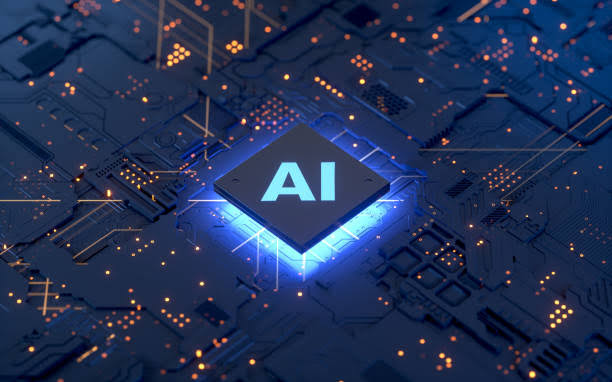The New Democrat Coalition (NDC) has announced the formation of its first Artificial Intelligence (AI) Working Group. The committee, lead by NDC Vice Chair for Policy Derek Kilmer (WA-06), seeks to develop and advance laws that support AI innovation while also addressing any concerns that might be related to the technology.
Derek Kilmer will serve as the AI Working Group’s chair, and Don Beyer (VA-08), Jeff Jackson (NC-14), Sara Jacobs (CA-51), Susie Lee (NV-02), and Haley Stevens (MI-11) will serve as vice chairs. The group’s goal is to work with the Biden administration, stakeholders, and lawmakers from both parties and chambers to develop and promote fair, bipartisan legislation relating to this developing technology.
It was observed that the NDC has been proactive in addressing technology advances for more than 25 years, highlighting the Coalition’s history of keeping up with technical advancements. The Coalition held its first roundtable on artificial intelligence (AI) in 2019, demonstrating its dedication to keeping up with technological advancements by supporting programmes like the AI Working Group.
The head of the Working Group on Artificial Intelligence, Derek Kilmer, spoke on how important AI is in the modern world. “Artificial intelligence represents a groundbreaking leap in technology,” he said, “holding the promise to revolutionise sectors as diverse as health care and commerce.” Kilmer emphasised AI’s many effects, highlighting its enormous opportunities but also recognising its many drawbacks, including the possibility of changes in the labour market, effects on democratic systems, and worries about national security.
As AI’s uses develop and adapt, he continued, “Lawmakers must address the special opportunities and challenges it presents by developing a regulatory framework that both fosters growth and protects against potential risks.”. The main goal of the AI Working Group will be to examine the many applications of AI, weigh their benefits and drawbacks, and recommend regulations that would put the United States at the forefront of AI innovation and security.
The intersection of enormous potential and inherent risks is where artificial intelligence (AI) is at. The discussion of AI rules has been more heated, especially after ChatGPT earlier this year became a worldwide sensation. Elon Musk once issued a warning, saying, “Mark my words — A.I. is far more dangerous than nukes.”
On July 18, the UN Security Council had its first meeting on artificial intelligence. China stressed the importance of controlled AI development during this session, comparing unrestrained AI to a “runaway horse.” The US has voiced worries about the potential for AI to be used for oppression or censorship.AI is positioned to “fundamentally alter every aspect of human life,” according to James Cleverly, Britain’s Foreign Secretary, who presided over the discussion during Britain’s July leadership of the UN Security Council.

